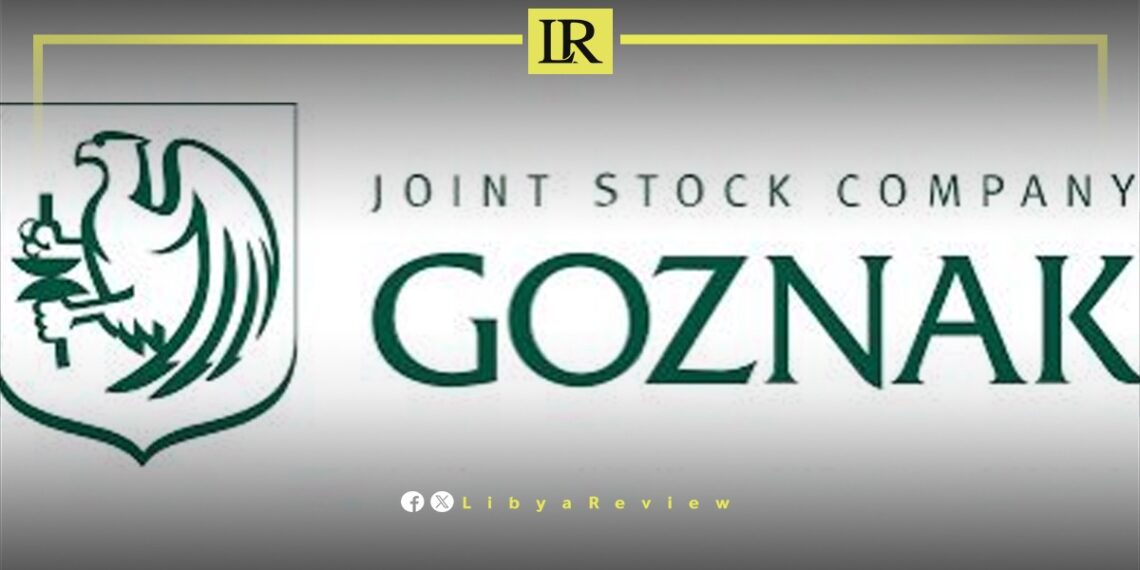On Thursday, the US Treasury Department imposed sanctions on the Russian state-owned company, Goznak, accusing it of printing over $1 billion in counterfeit Libyan currency. This move is part of a broader package of sanctions targeting Russian entities and individuals.
Goznak, a company responsible for producing secure documents including passports and currency, is alleged to have worsened Libya’s economic crisis by introducing a large amount of fake currency into its economy. According to the US, this counterfeit money has significantly exacerbated Libya’s financial difficulties, contributing to its ongoing instability.
This action by the US aligns with previous sanctions from the European Union, the United Kingdom, and New Zealand, which have also targeted Goznak for similar reasons. The counterfeit currency issue is a part of the larger geopolitical contest between the US and Russia over influence in Libya, a country divided between rival governments in the east and west.
In 2019, Malta seized 1.45 billion Libyan dinars printed by Goznak that were intended for the Central Bank of Libya in Benghazi. The US and its allies have voiced growing concerns about Russia’s increasing involvement in Libya, which further complicates the situation.
Libya’s economic instability is deeply rooted in its political fragmentation. Efforts to stabilize the country include ongoing discussions between Libyan and US officials to enhance economic transparency and implement consistent economic policies. These measures are crucial for stabilizing and developing Libya’s financial system.
Earlier this month, the Russian Embassy in Tripoli strongly denied allegations made by AFRICOM’s African Defense Forum magazine, which claimed that Russia is involved in printing counterfeit money at a farm near Benghazi. The embassy asserted that the publication lacks official evidence to support these serious accusations.
According to the Russian Embassy, the alleged information is unsupported by credible sources, photographs, videos, or audio materials.
The embassy described the repeated accusations against Russian assets as suspicious, suggesting that the continuous publication of such articles might indicate an attempt by Western countries to cover up illegal activities by other parties.


